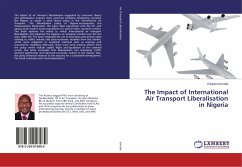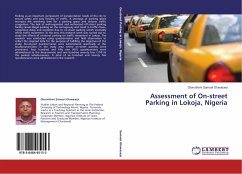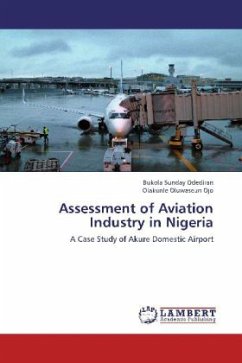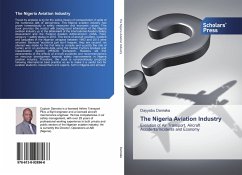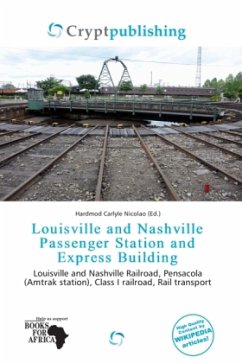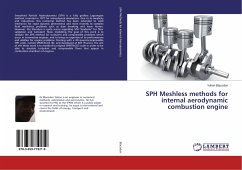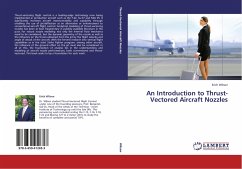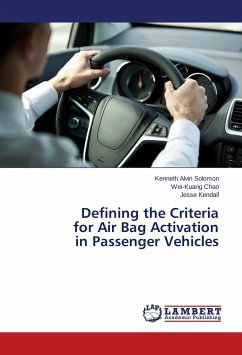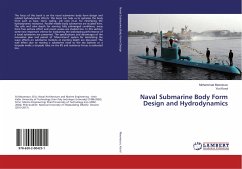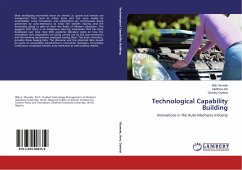
Technological Capability Building
Innovations in the Auto-Mechanic Industry
Versandkostenfrei!
Versandfertig in 6-10 Tagen
54,99 €
inkl. MwSt.

PAYBACK Punkte
27 °P sammeln!
Most developing economies move on wheels i.e. goods and services are transported from rural to urban areas and vice versa mostly by automobiles. Local innovations and adaptations are continuously being generated by auto-mechanics to keep the vehicles moving and the economies going in spite of their low levels of Western education. This suggests that there is an indigenous learning mechanism that has been developed over time. Very little academic literature exists on how the innovations and adaptations are being carried out by the auto-mechanics and the learning mechanisms employed among them. ...
Most developing economies move on wheels i.e. goods and services are transported from rural to urban areas and vice versa mostly by automobiles. Local innovations and adaptations are continuously being generated by auto-mechanics to keep the vehicles moving and the economies going in spite of their low levels of Western education. This suggests that there is an indigenous learning mechanism that has been developed over time. Very little academic literature exists on how the innovations and adaptations are being carried out by the auto-mechanics and the learning mechanisms employed among them. This book, therefore, provides these missing links. The discourse and the empirical data should be useful to automobile manufacturers, innovation managers, knowledge institutions, vocational schools, auto-mechanics as well as policy makers.



